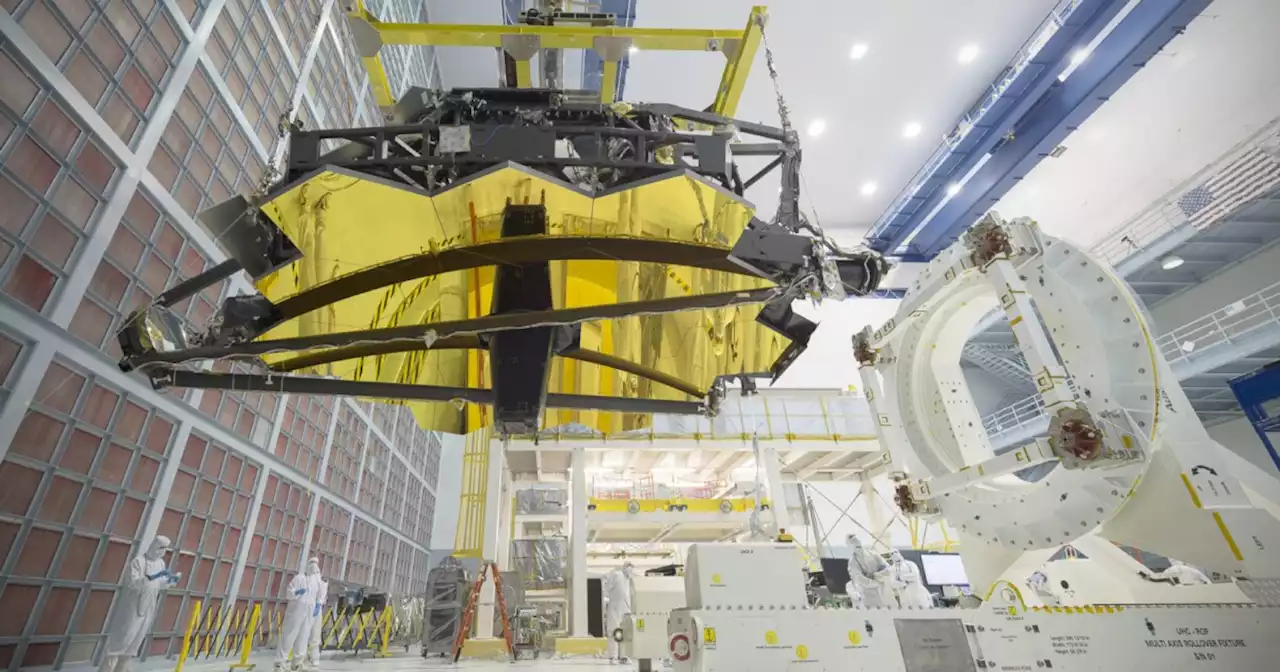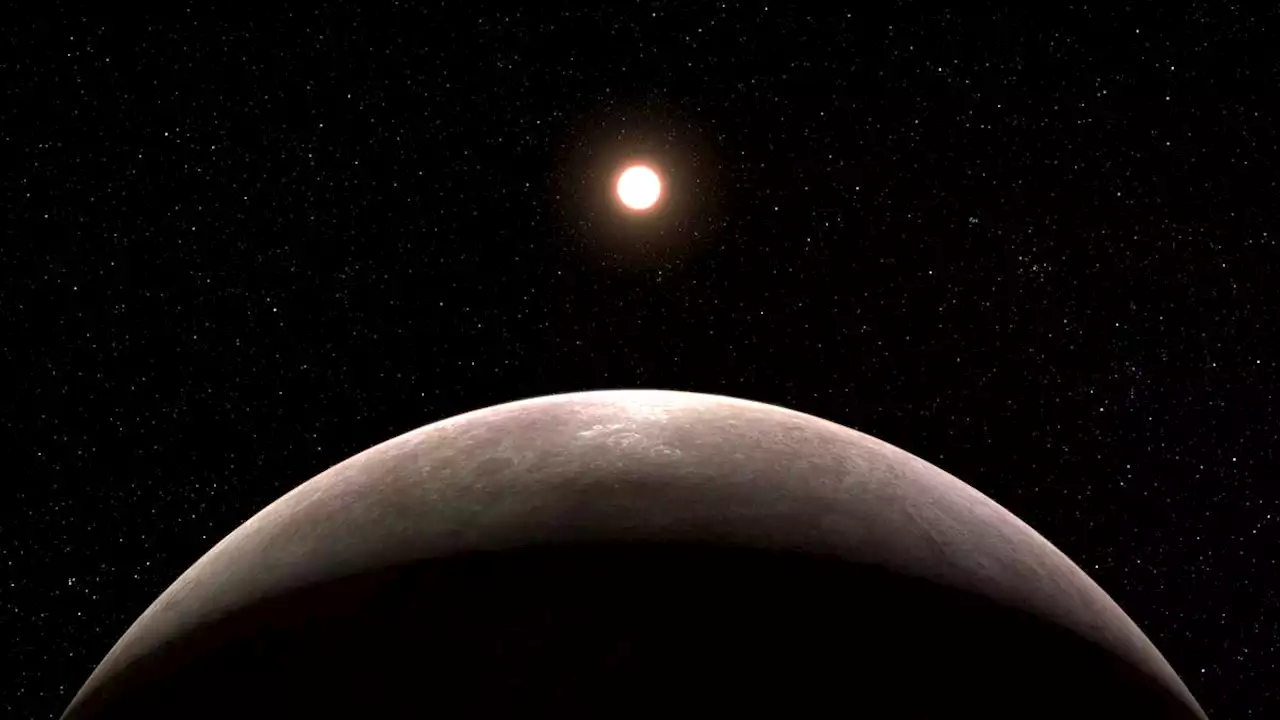NASA announced that astronomers had used the Hubble Space Telescope to record a star's final moments as it was violently ripped apart and eaten up by a black hole.
The agency said the process twisted the star into a donut-like shape in the process.
When a star gets close enough, the gravitational grasp of the black hole violently rips it apart, belching out intense radiation in what is known as a"tidal disruption event." Astronomers are using the telescope to better understand what happens, utilizing its powerful ultraviolet sensitivity to study the light from the AT2022dsb"stellar snacking event." This sequence of artist's illustrations shows how a black hole can devour a bypassing star. 1. A normal star passes near a supermassive black hole in the center of a galaxy. 2. The star's outer gasses are pulled into the black hole's gravitational field. 3.
The agency recently reported that a high-energy space observatory spotted another such event in March 2021."We're excited because we can get these details about what the debris is doing. The tidal event can tell us a lot about a black hole," Emily Engelthaler, of the Center for Astrophysics | Harvard & Smithsonian, said in a statement.
United States Latest News, United States Headlines
Similar News:You can also read news stories similar to this one that we have collected from other news sources.
 NASA starts designing futuristic space telescope to hunt for alien EarthsThe Habitable Worlds Observatory mission is starting to take shape.
NASA starts designing futuristic space telescope to hunt for alien EarthsThe Habitable Worlds Observatory mission is starting to take shape.
Read more »
 NASA unveils plan for next-gen telescope to search space for signs of life: reportsNASA reportedly unveiled a plan to construct a successor to the James Webb Space Telescope, announcing the Habitable Worlds Observatory early last week at a conference.
NASA unveils plan for next-gen telescope to search space for signs of life: reportsNASA reportedly unveiled a plan to construct a successor to the James Webb Space Telescope, announcing the Habitable Worlds Observatory early last week at a conference.
Read more »
 NASA unveils plan for next-generation telescope to search space for signs of life: reportsNASA has reportedly shed light on a new plan to build a successor to the James Webb Space Telescope,
NASA unveils plan for next-generation telescope to search space for signs of life: reportsNASA has reportedly shed light on a new plan to build a successor to the James Webb Space Telescope,
Read more »
 NASA's Webb Telescope Has Discovered Its First ExoplanetThe exoplanet was found using a satellite and spectrography. It has a similar size as Earth, but is much hotter and completes its orbit around its star in two days.
NASA's Webb Telescope Has Discovered Its First ExoplanetThe exoplanet was found using a satellite and spectrography. It has a similar size as Earth, but is much hotter and completes its orbit around its star in two days.
Read more »
 James Webb Space Telescope confirms its first exoplanet, one almost the same size as EarthThe James Webb Space Telescope confirmed the existence of its first exoplanet, named LHS 475 b, which is almost as big as Earth.
James Webb Space Telescope confirms its first exoplanet, one almost the same size as EarthThe James Webb Space Telescope confirmed the existence of its first exoplanet, named LHS 475 b, which is almost as big as Earth.
Read more »
